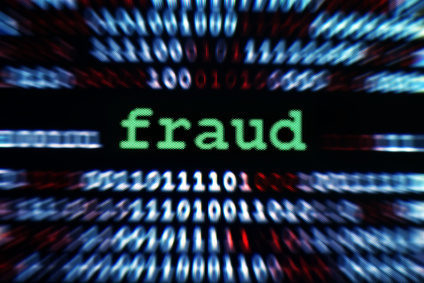You may have heard the term identity theft but you may not know how serious this crime has become. It is one of the fastest growing ones here in the US. In fact, it accounts for financial losses of $50 billion and more. Around seven percent of all Americans have had their identities stolen or mistreated, which have cost each of these people an average of $3,500.
100 million
It gets even worse as nearly 100 million other Americans are at risk of identity theft each year when government records and corporate databases are stolen or lost. As you can see from the statistics, identity theft may be the most costly, persuasive and frequent crime in America.
Why would a person steal my identity?
There’s a simple answer to this question – to steal your money. Identity thieves can use your personal information to raid your bank accounts and buy stuff using your credit card numbers. They can open new credit card accounts in your name and change the billing address on your credit cards so that you no longer receive statements as they keep charging on the cards. An identity thief can commit phone or utilities fraud under your name, open a new checking account and write checks using your name or even take out a major loan.
What happens if my identity is stolen?
If this occurs, you’re in for a world of trouble. You will not only suffer a financial loss but may experience serious psychological pain. You can end up being harassed by debt collectors and have serious problems with your bank. In a worst-case scenario, you could even be arrested for crimes that were committed by the person who stole your identity.
What you can do to prevent identity theft
Experts in this field say that there is no way you can protect yourself 100% against identity theft. However, there are a number of things you can do to minimize the damage that can be done. For example, you should use credit cards when you travel as the credit card companies now offer their customers a zero liability policy so if your card is lost or stolen, you are protected.
When you vacation, you should use a fanny pack or travel pouch worn inside your shirt for your important documents. The reason for this is that there are pickpockets in most major cities and they are not interested in cash. What they want is your Social Security number, driver’s license and checks.
Be sure to watch out for what are called “shoulder surfers.” These are the people who try to look over your shoulder at ATMs or when you’re using a credit card to make a purchase. Be careful about using your computer in public Wi-Fi networks.
Don’t carry anything in your wallet that isn’t totally necessary. Try to leave anything that has your Social Security number on it at home. Do not make your PIN or password easy to guess and don’t have your driver’s license number on your checks.
How about those identity protection services?
While none of the identify protection services can protect you 100% from having your identity stolen, they can help minimize the damage. The way that most of them work is they continuously monitor your credit reports and your personal information. If they see that it‘s being used for retail credit, mortgage loans, utilities or wireless services, they will immediately alert you. You can then take the appropriate action such as contacting your credit card companies or other lenders. You should also notify the three credit reporting bureaus and establish fraud alerts. You might also want to ask the three credit reporting agencies to do a security freeze on your accounts so that no one but you can access your credit file.
Better to be safe than sorry
It might take some extra time and efforts to protect yourself against identity theft but it could be well worth it. If you don’t believe us, just ask anyone who has had his or her identity stolen. It can wreak havoc on your life for months or even years.





